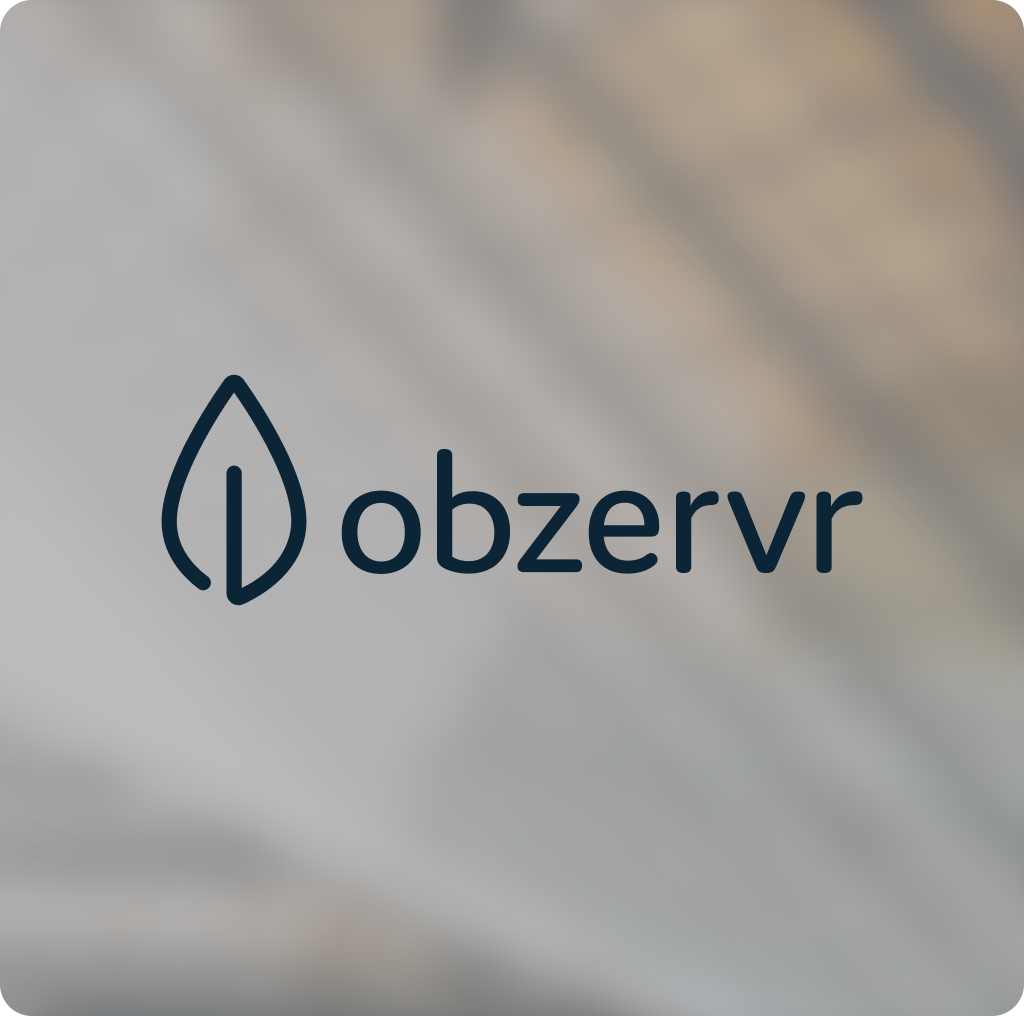If your days are filled with copy-pasting the same updates, checking the status of tasks across different tools, or chasing information in email threads, you already know the truth: manual processes slow teams down. They drain focus, introduce human error, and keep people busy instead of productive.
That’s where workflow automation tools come in. When done right, automation reduces manual effort, connects different tools, removes unnecessary steps, and helps teams across project management, ITSM, software development, and human resources stay in sync. Today, the market offers everything from no-code platforms to enterprise-grade systems powered by AI workflow automation, machine learning, and even multi step AI agents.
In this guide, we dive deeper into the best workflow automation tools available in 2026, what makes them unique, and how Getint fits into this landscape.
What Are Workflow Automation Tools?
Workflow automation tools are platforms that help teams automate tasks, connect business applications, handle repetitive tasks, and build customizable workflows across various industries. Most of them allow you to create automated workflows using a drag and drop interface or even natural language.
These systems reduce the need for manual intervention, streamline business processes, support cross functional collaboration, and standardize task assignment. Many tools today also ship with ai models, embedded ai agents, and real time monitoring to help teams make faster, more informed decisions and maintain service delivery at scale.
Examples include Zapier, Make, Power Automate, Workato, Tray.io, n8n — and of course, Getint.
Are Workflow Automations the Same as Workflow Tools?
Not exactly.
- Workflow automations refer to the rules and triggers that execute actions automatically.
- Workflow automation tools (or workflow building tools) are the platforms you use to create those rules.
And yes — Jira can be a workflow automation tool, especially with its rules engine. But it’s often limited when teams need to sync work across other tools like ServiceNow, GitHub, Azure DevOps, Salesforce, or HubSpot.
That’s where integration-first automation platforms excel.
20 Best Workflow Automation Tools for 2026
Below you’ll find the top platforms across categories such as ai workflow automation, workflow management, enterprise integration, data transformation, and automation for various industries.
1. Getint (Best for IT Teams, Jira Admins & Enterprises)
Getint is an incredibly powerful integration and workflow automation software designed for teams using issue tracking tools. It helps organizations automate tasks across systems like Jira, ServiceNow, GitHub, Salesforce, Azure DevOps, HubSpot, Monday, Asana, and more.
When choosing the right integration tool for your business, unlike tools trying to automate “everything,” Getint specializes in deep integrations, highly customizable workflows, large-scale incident management, and no-nonsense syncing based on real business realities — not marketing buzzwords.
Why Getint stands out
- Seamless, reliable, two-way syncs
- Enterprise-ready security
- Real-time sync, custom conditions, version control, and version history
- Flexible mapping of fields, attachments, statuses, comments
- Can be deployed on-prem for organizations with strict compliance
- Supports internal tools and complex enterprise data structures
- Ideal for large companies using multiple systems after acquisitions or restructures
Even better: Getint has a transparent enterprise plan and straightforward paid plans with no hidden surprises.
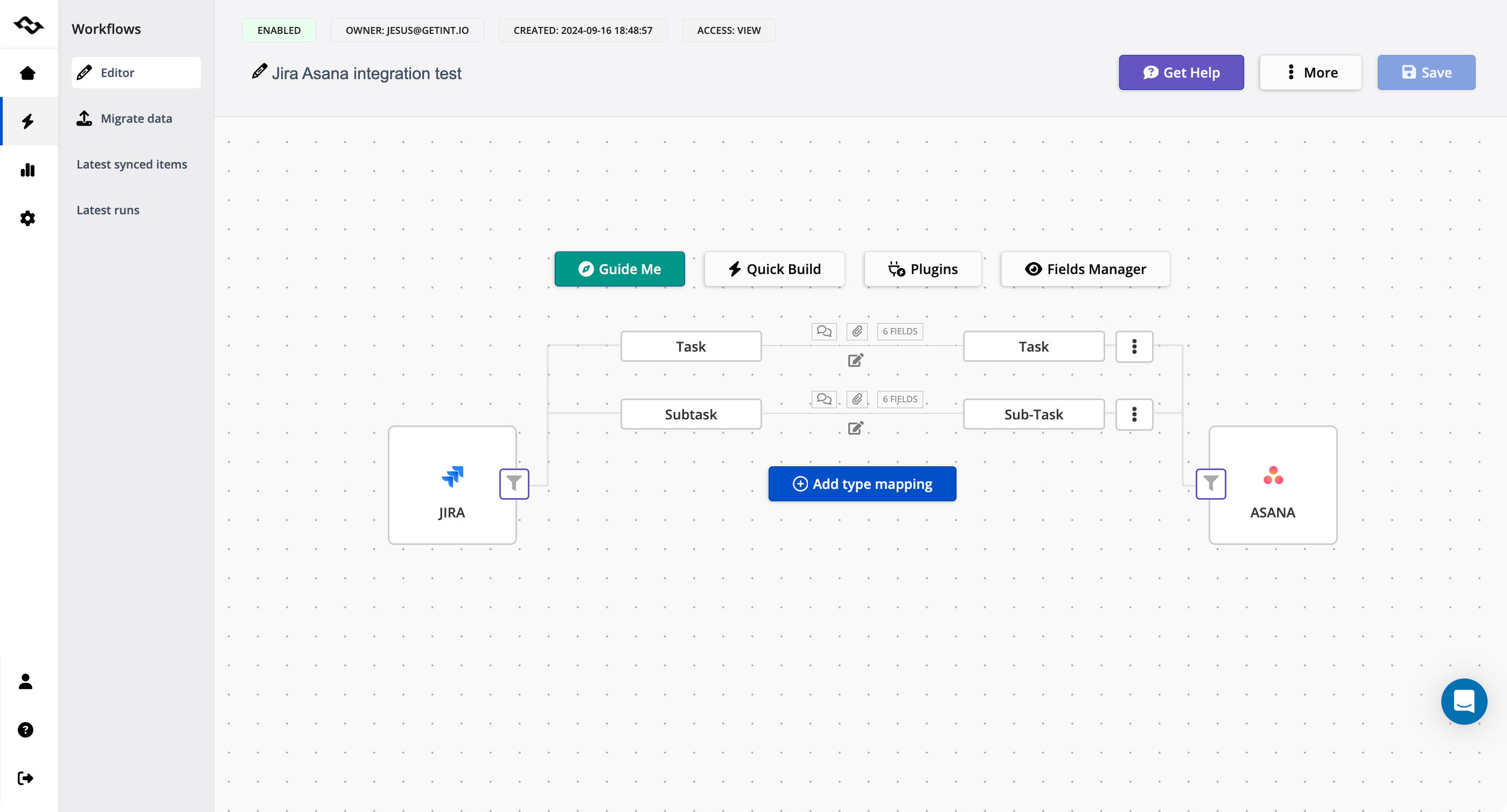
2. Zapier
A classic no code platform with a simple user friendly interface and a library of 8,000+ apps. Great for marketing teams, operations, and basic automation.
Best for:
- SMBs
- Lightweight automated workflows
- Quick wins with minimal setup
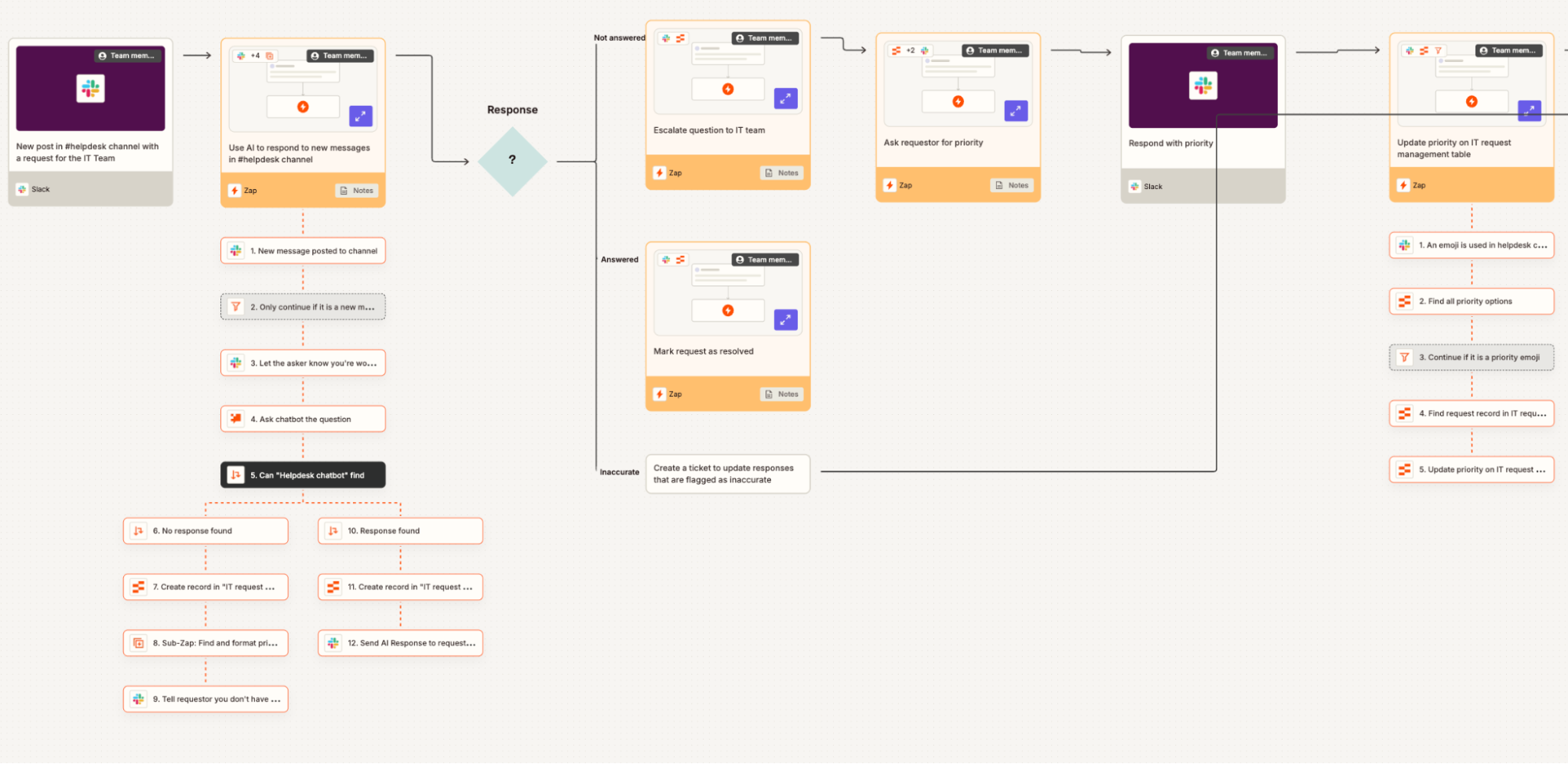
3. Make (Integromat)
Make is known for its visual drag and drop interface and flexible logic. It supports web scraping, API connections, and advanced branching.
Best for:
- Operations teams
- Companies needing complex logic without coding
- Teams using google sheets, Slack, GitHub, ClickUp

4. Microsoft Power Automate
Deeply embedded into the Microsoft ecosystem, it connects business processes across Office 365, Dynamics, Azure, and more.
Best for:
- Enterprise Microsoft environments
- Teams needing data transformation & RPA
- Automated document flows
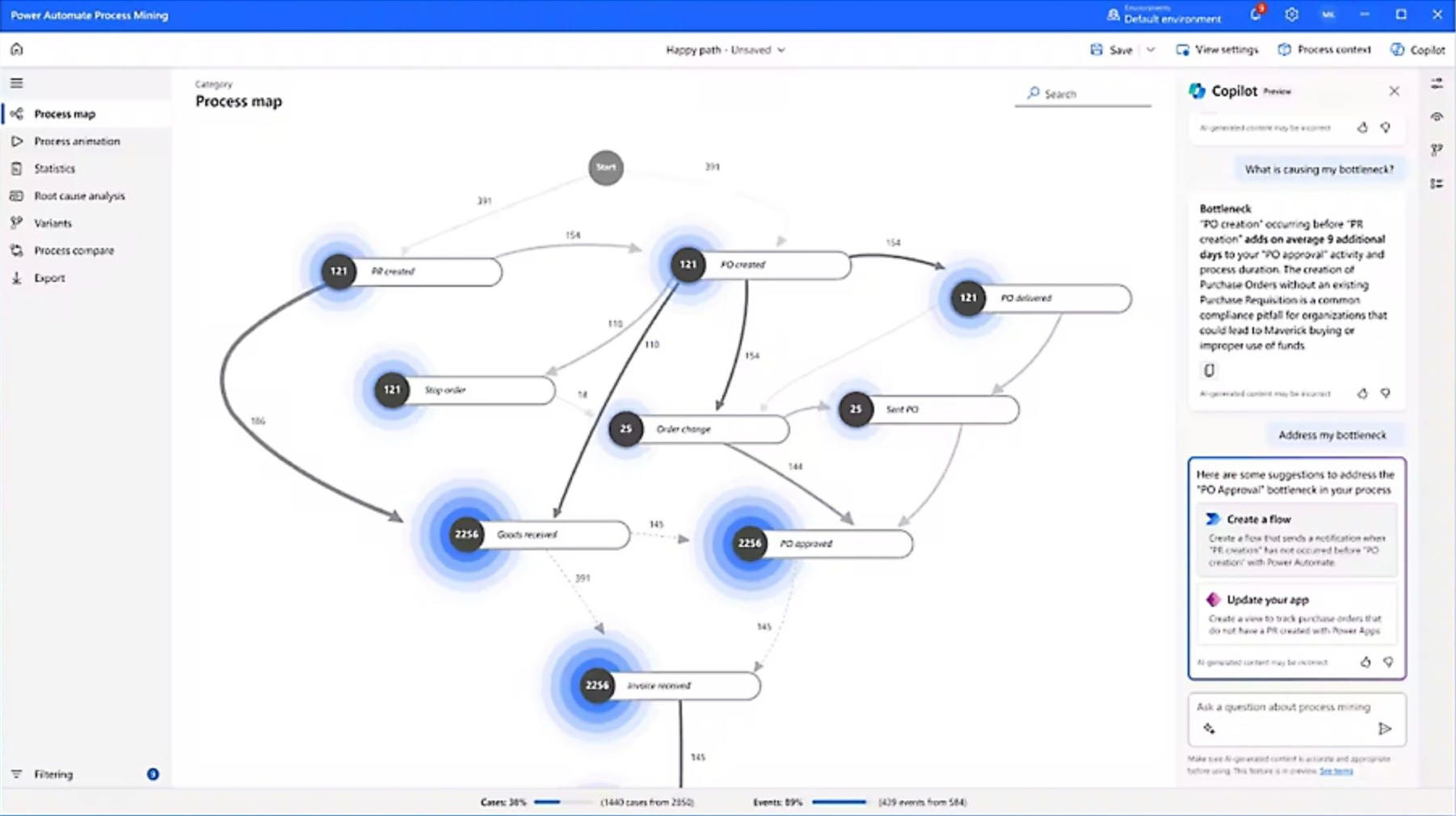
5. n8n
An open-source, self-hostable automation tool. Perfect for teams needing full data control.
Best for:
- Developers
- Privacy-sensitive organizations
- Highly customizable workflows

6. Workato
A powerful enterprise automation and integration platform. It handles more complex tasks and massive automation pipelines.
Best for:
- Enterprise automation at scale
- Large companies with advanced governance needs
7. Tray.io
Tray combines ai workflow capabilities with enterprise-grade iPaaS features. It also includes AI-powered ai agents and content generation capabilities.
Best for:
- Revenue operations
- Customer success automation
- High-volume building workflows
8. ServiceNow Flow Designer
A native automation system for organizations using ServiceNow.
Best for:
- ITSM
- Incident management
- Complex enterprise workflows
9. Jira Automation
Ideal for teams already using Jira for project management and issue tracking. Limited when automating across third party applications.
10. HubSpot Workflows
Marketing, sales, and CRM automations for inbound teams.
11. Salesforce Flow
Powerful enterprise automations within Salesforce CRM.
12. Monday.com Automations
User-friendly rules for teams managing projects in Monday.
13. Asana Workflow Builder
Useful for planning, approvals, and repetitive task routing.
14. ClickUp Automations
Flexible automations inside ClickUp for multi-team operations.
15. Slack Workflow Builder
Great for improving team communication and approvals.
16. Notion Automations
Useful for personal productivity and smaller team workflows.
17. Airtable Automations
Connects databases, forms, and other tools through triggers and actions.
18. Pipefy
High-structure workflows for procurement and HR.
19. Kissflow
Business process automation with roles, steps, and approvals.
20. Tines
Security automation for SOC teams — no code required.
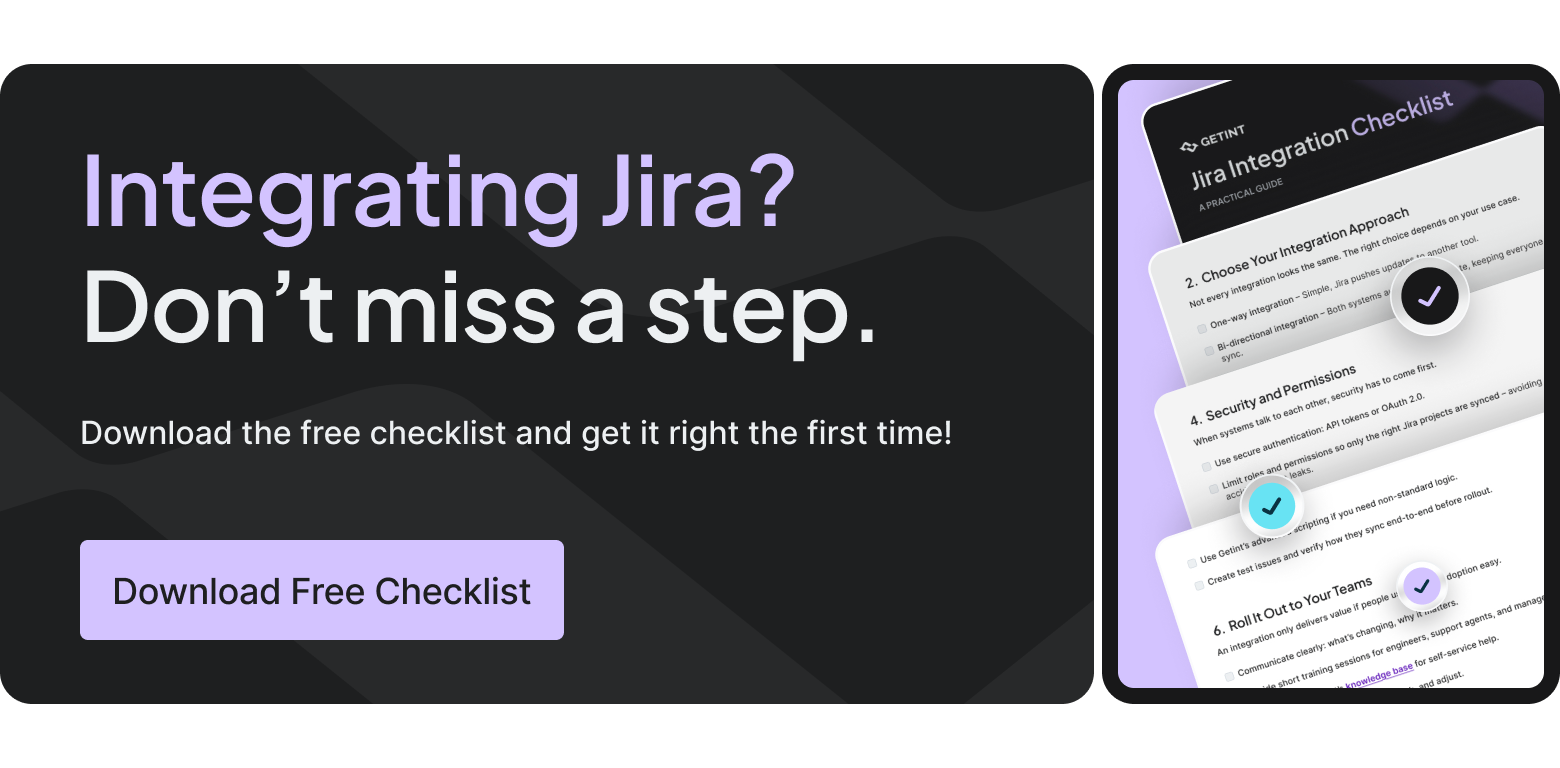
What Is an Example of a Workflow Automation Tool?
Examples include Getint, Zapier, Make, Power Automate, n8n, and Workato. These platforms allow teams to automate tasks, build automated workflows, and eliminate manual processes.
Why Workflow Automation Tools Matter Today
Automation isn’t about replacing humans — it’s about giving them time back. When teams use the best workflow automation platforms, they:
- boost productivity without burnout
- reduce human error
- keep information up to date
- maintain consistent service delivery
- improve customer satisfaction
- adapt faster to market demands
With the rise of ai workflow automation, companies can now automate complex tasks, generate content, run api calls, analyze data, perform real time monitoring, and sync information across different apps without writing code.
Choosing the Right Workflow Automation Tool
When comparing options, consider:
- How well the tool supports your existing stack
- Whether it offers a free plan for testing
- The availability of advanced features
- If the user friendly interface makes adoption easier
- Support for allowing users to customize deeply
- Ability to scale as workflows grow
- Security, compliance, and data privacy requirements
For companies dealing with complex systems like Jira, ServiceNow, GitHub, or Salesforce — Getint is often the missing piece that connects everything together.

Final Thoughts: Automate Smart, Not Hard
You don’t need automation everywhere. You need it where it counts.
Some workflows require simple triggers. Others, especially in IT, engineering, and operations, need reliable integrations, highly customizable logic, and enterprise-grade quality.
That’s where tools like Getint stand out — especially for organizations managing work across third party applications, mergers, acquisitions, or distributed teams.
If you’re ready to get rid of the noise, eliminate repetitive tasks, and build workflows that actually enhance efficiency, the right automation platform will transform the way your organization works.






